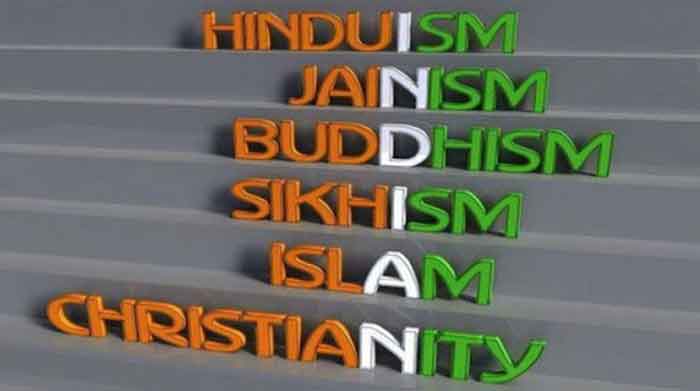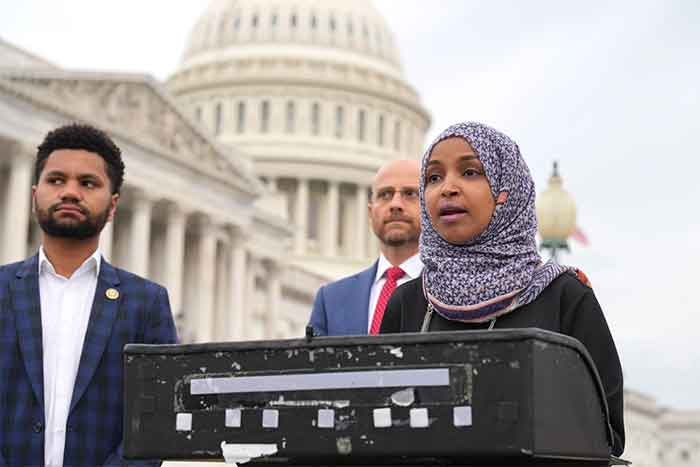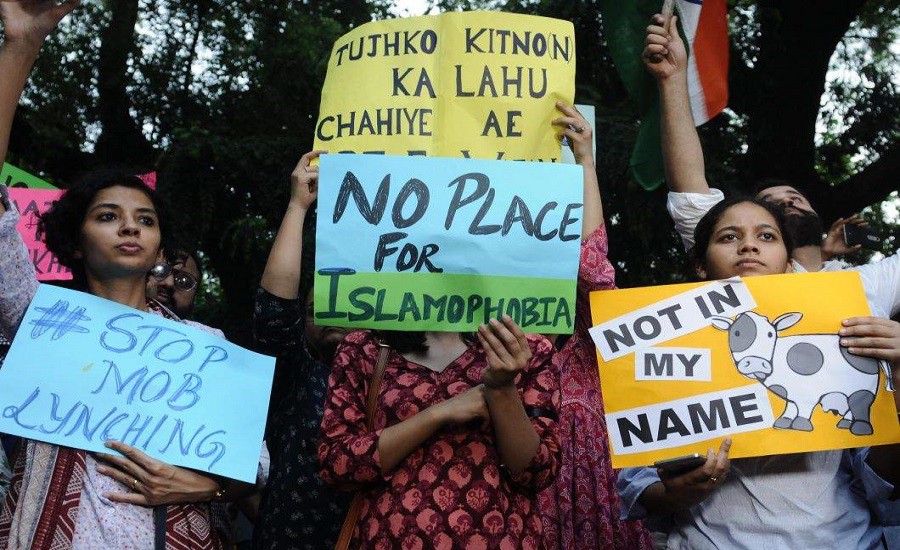
Although there are many threads of kinship, those who study history can understand that there have been conflicts between Islam and Christianity since the beginning. Although it can be attributed to the Semitic tradition and the exact assimilation of the modern structure, it can undoubtedly be said that imperial political interests were behind it. But on the other hand, the role of these two religions in the global construction of the prophetic culture of ethics is very clear.
Historical lessons of hostilities
Semitic religions such as Judaism, Christianity and Islam have many geographical and scriptural connections. The Mediterranean region, culture and desert nature have definitely influenced the rituals of these religions. But the most important of these is kinship based on religious scriptures. Judaism came first. Judaism is based on the Hebrew texts, which include the first part of the current Bible, the Law Books of Moses and the Prophetic Books.
Judaism has contributed many ethical lessons that have enriched human culture. However, with Christianity by the 4th century and Islam by the 7th century becoming more powerful in the political power structure, Judaism’s philosophies can be seen to become more nationalistic and ethnic.
Christianity, which originates from Judaism, aims at a new human culture in the light of the Jesus movement. However, the imperial relationship formed in the 4th century made Christianity a power structure as well. Christianity is in conflict not only with Judaism but also with Islam. That is what the history of the Crusades teaches us. Not only monotheism, Abrahamic traditions and canonized religious texts, but also imperial and power interests have caused the distance between these religions to widen.
Narrow nationalism, ethnicity and hegemonic economic power structures were shaped by fundamentalist readings of religious texts and the construction of closed religious practices and rituals.
Global politics taking shape in the latter half of the nineteenth century and the first decades of the twentieth century fueled the said conflict. The conflict between Christianity, which is spread over six continents, and Islam, which is trying to gain a foothold from the Middle Eastern countries to the African and Asian continents, is not only religious but also political. America and other European countries on the other hand have religious, economic and political interests in controlling global politics. It is in this religio-economic-political context that we must understand the conflict, starting with America’s war on terror and ending with the dispute over Hagia Sophia in Turkey.
Conflicts between these religions continue to be a continuing story because the distinction between believers and non-believers is strictly adhered to and the effort to convert non-believers is seen as a religious obligation. But the paradox is that the ethical thoughts they try to share are the liberating sutras of human culture.
Contemporary Indian Context
The contemporary Indian context is one of religious antagonism and religious hatred. What is happening here today is a massive construction of communal social consciousness. We clearly understand that the much-vaunted religious tolerance and cultural construct of inclusivity was hollow. This has been articulated by the grassroots communities of this country long before this time when anti-religious minorityism and hatred has become a national culture. But they were the first to become traitors.
While only Muslims, Christians and Communists are alienated in the Hindutva political textbooks written by the Sangh Parivar, the first communities to be ostracized are the tribals, dalits and marginalized communities of the country. That is why an alternative national politics and religious culture where Buddha, Marx, Ambedkar and prophetic religions converge is essential in contemporary India. But it is sad that we fail to recognize the efforts of the Sangh Parivar to make such an alternative politics impossible.
The most criticized here are the Christian communities. Sangh Parivar forces have managed to keep some dominant communities among Indian Christians. It is made possible by constructing one-dimensional and ethnic identities. It is true that the Sangh Parivars have been able to bait the dominant Christian church communities in Kerala, which loosen the upper caste Hindu sense of identity. While admitting that many productive people remain distinct in these congregations, the ecclesiastical power structure they comprise is not exactly criticized for being overtly aligned with Sangh Parivar forces.
In Kerala, the said churches who take up the Sangh Parivar agenda under the guise of love jihad and narcotic jihad are condemnable in their treatment of Muslims in general across India today who are on the brink of genocide. May be, there may be attempts to protect one’s own interests by bargaining with positions of authority, to reap benefits or to cover up scandals.
Here is the imperative
What is necessary here is to realize that the anti-Muslim attitudes of some dominant communities are in line with the Sangh Parivar agenda and prepare to correct them. The communal abuse of Christian consciousness as a shortcut to social power by constructing narrow texts and practices, even if neither Christian scripture, Jesus Christ, nor Christian ethical thought encourages it, cannot be justified. The narrow politics of dominant societies to protect their selfish interests in the name of weaker societies needs to be resisted by all who harbor progressive religious visions. This is the long awaited Christian Reformation. Renewal is thinking about what true Christianity is in these times of rampant religious and communal hate campaigns.
In this era when Islamophobia is rampant, the Christian community needs to correct the Christian religious thinking that puts the Muslim religious communities on the enemy side without exposing the monstrosity of racism that Jahangirpuri, Karnataka, meat eating and Hijab paint in front of us. It needs to be said out loud that this is not Christian. Many human rights activists among Christians, those working in the law and judiciary fields and engaged in international charity work, and even more famous meditation thinkers, do not see this hateful politics of the Sangh Parivar.
Consciously creating biblical lessons and practices of love and inclusion, coming together in the liberating work of the vulnerable, standing up for an open secular society that aspires to an alternative ethical politics—these are the things Christian communities can do today.
Witnessing the Christ who promised justice to the victims by deconstructing power structures in thought, conviction, and body requires that Christianity be transformed into the political hope of the wounded by reversing the power structures of racism and masculinity. If we are indifferent and passive here, it is Christ and His testimony of faith that fail. Stand for an open secular society that aspires to alternative ethical politics – this is what Christian communities can do today.
Mubashir V.P is a PhD scholar and freelance journalist based in Delhi

















































